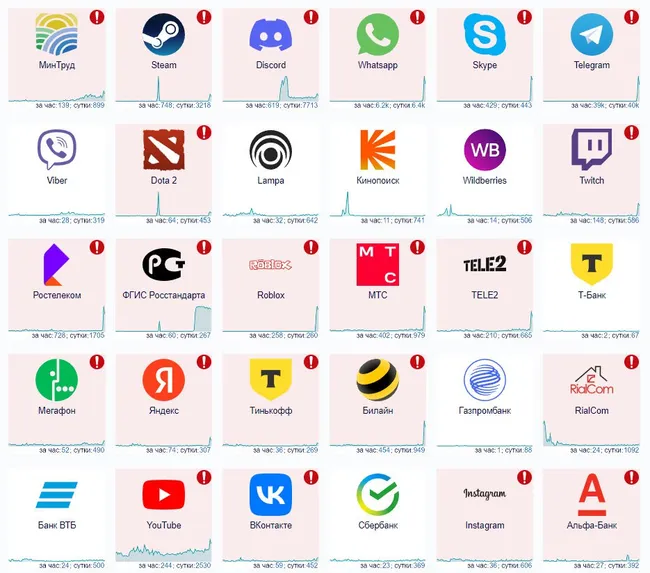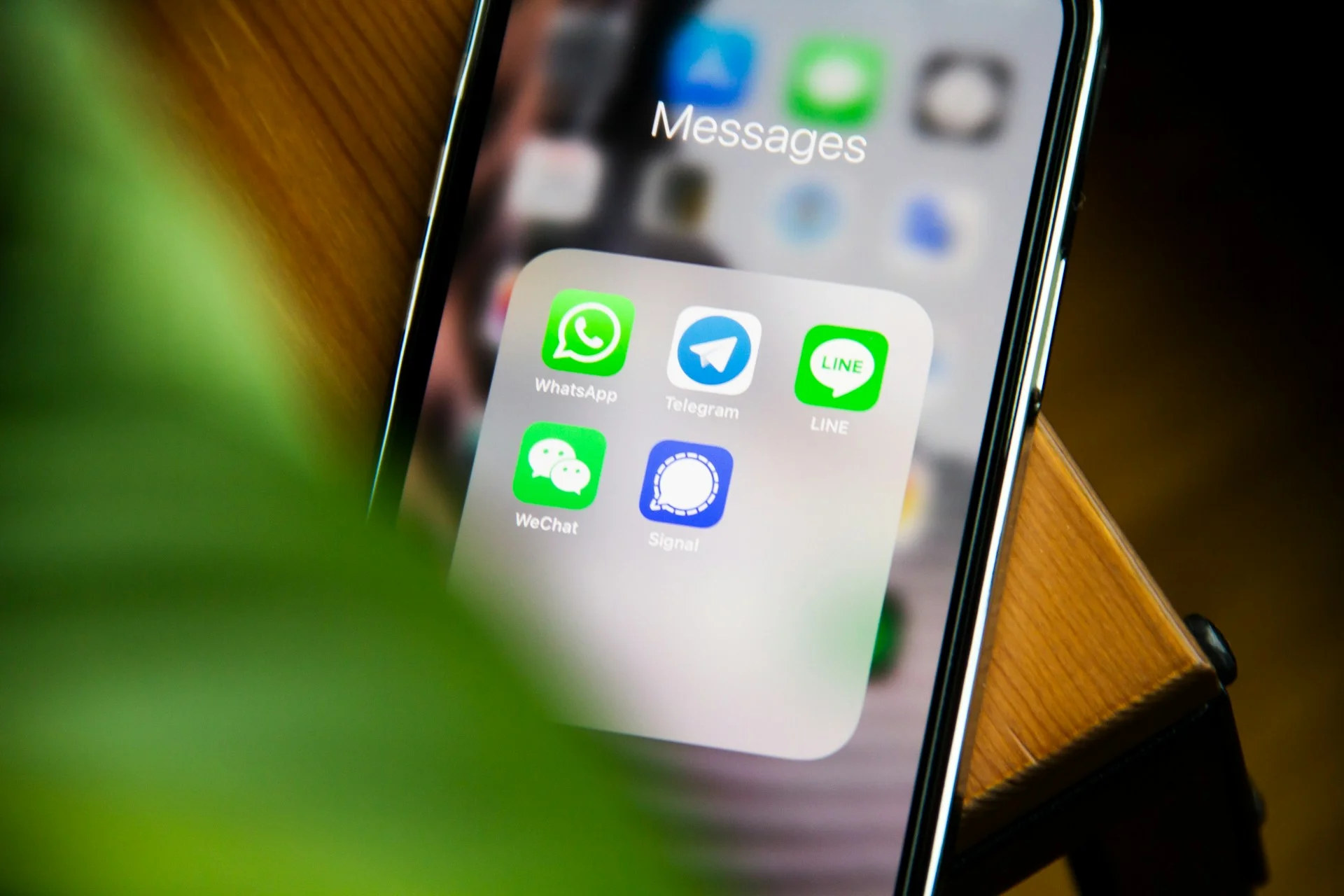Russia’s Internet Outage: A Day of Digital Darkness
On a seemingly ordinary Wednesday, millions of internet users across Russia found themselves abruptly cut off from popular online services like Telegram, WhatsApp, and Skype. As frustration and confusion spread, Russia’s federal censorship agency, Roskomnadzor, quickly pointed the finger at a massive Distributed Denial of Service (DDoS) attack. However, digital rights activists and IT experts weren’t convinced, suspecting a more sinister cause: state interference. This article delves into the events of that day, the reactions from various parties, and the implications for digital freedom in Russia.
Widespread Outages: What Went Down
Reports of service disruptions began to surface early in the day, with users unable to access not just messaging platforms like Telegram and WhatsApp, but also other widely used services such as Skype, Wikipedia, Steam, Discord, and even the Russian social media giant VKontakte. Telecom operators, including Rostelecom, were also affected. According to DownDetector, a site that tracks outages, the issues extended beyond Russia’s borders, impacting users in neighboring Kazakhstan and Uzbekistan as well.

Adding weight to Klimarev’s concerns, other digital rights activists suggested that the outage was no ordinary cyberattack but rather a calculated move by the Russian government. According to Sarkis Darbinyan, co-founder of the digital rights organization Roskomsvoboda, the disruption seemed to be the result of a “centralized effort” by the authorities. Stanislav Shakirov, the group’s technical director, further speculated that the government’s attempt to block Telegram inadvertently affected other services—a scenario reminiscent of a similar event in 2018 when efforts to ban Telegram caused widespread internet disruptions across Russia.
A History of Censorship: Telegram and Beyond
This is far from the first time the Russian government has attempted to stifle access to Telegram. In April 2018, a court order officially blocked the service, yet it continued to be accessible, with many politicians and state agencies even using it to disseminate official information. The ban was lifted in June 2020 after it became clear that the block was not only ineffective but also technically challenging to enforce.
In recent months, there have been additional signs of government interference in digital communications. In July 2024, YouTube experienced significant slowdowns and outages in Russia. While the state-run telecom operator Rostelecom attributed the issues to technical problems with Google Global Cache, sources within the Russian telecom industry suggested that the government had been deliberately throttling the service—a claim that Google has denied.
The Implications: What Does This Mean for Russian Internet Users?
The recent outages highlight the ongoing tension between the Russian government’s desire to control digital communication and the public’s demand for unrestricted access to information. While Roskomnadzor’s official stance is that the disruption was due to a cyberattack, the widespread skepticism among digital rights activists suggests a deeper, more troubling motive.
As Russia continues to tighten its grip on the internet, the events of this past Wednesday serve as a stark reminder of the fragility of digital freedoms. Whether these outages were the result of a genuine cyberattack or a premeditated government action, the impact on millions of users is undeniable. With each new incident, the space for free expression and open communication in Russia seems to shrink, raising questions about the future of internet access in the country.
Conclusion: The Future of Digital Freedom in Russia
As the dust settles, one thing is clear: the battle for control over Russia’s digital landscape is far from over. Whether the outages were caused by a DDoS attack or a deliberate act by the authorities, the incident has once again placed a spotlight on the fragility of digital freedoms in Russia. As internet users and digital rights activists brace for what may come next, the need for transparency and accountability in the governance of online spaces has never been more critical.
Learn More:
- For real-time updates on internet outages, visit DownDetector.
- Explore digital rights advocacy in Russia with Roskomsvoboda.
More News: Tech News


